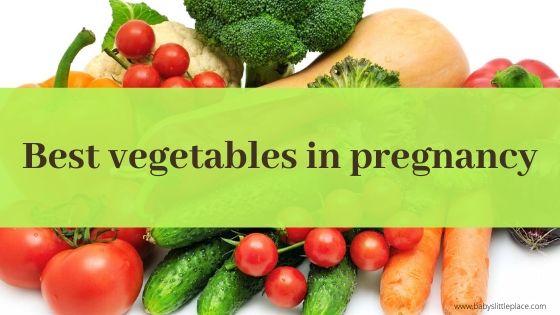
What are the best vegetables in pregnancy?
Choosing a healthy diet during pregnancy is a wise decision! Vegetables are definitely an excellent choice, which provides your organism with lots of nutrients, vitamins, minerals, and fibers. But, what are the best vegetables in pregnancy, can you eat them raw, and should you avoid certain veggies?
Eating a balanced diet is not always easy, especially if a pregnant woman deals with morning sickness. Yes, you can help yourself with pregnancy supplements that are considered safe during pregnancy. But the best choice stays a balanced diet with a sufficient amount of vegetables, fruits, grain, non-fat meat, poultry, and dairy products.
Best Vegetables in Pregnancy
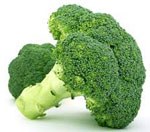
Broccoli is a good source of folic acid and high in calcium. Besides that, it is a storehouse of vitamins (A, B1, B2, B3, B6, C, E, and K). Broccoli is also rich in fiber and disease-fighting antioxidants.

The American Pregnancy Association states pregnant women should consume 700mg of vitamin A every day. A cup of sweet potato contains 1922 mg of vitamin A, which is more than enough. Sweet potatoes are also a good source of vitamin C, potassium, and iron. Sweet potato has lots of fibers that help with constipation, which is also a common problem during pregnancy.
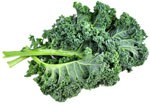
Spinach, kale, chard, arugula, and other dark leafy greens are prenatal superfoods, loaded with vitamins and nutrients, including vitamins A, C, and K, as well as folic acid.
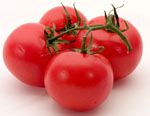
Tomatoes boost energy levels and help with digestion. They are rich in vitamin K, C, and biotin and an excellent source of antioxidants.

Women need 10g extra proteins during pregnancy. With about 15 grams per cup, lentil is a great source of them. It is also rich with fibers.

Green pea is a source of protein. Also, contains high amounts of different vitamins (A, K, B complex, C) and magnesium.
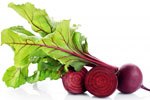
Because of its various health benefits, we call beetroots a superfood. It increases the iron content and is high in vitamin C. Beetroots detoxifies the liver and helps in removing the toxins from the body. It also contains folic acid, but only in the raw form!
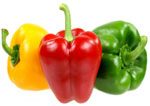
One bell pepper has nearly three times as much vitamin C as an orange! Should I say more? Eat bell peppers for a healthy immune system!

Asparagus is well-known for its high levels of folic acid. It also contains high quantities of calcium and vitamins A, B, E, and K. All the minerals and vitamins are in much higher content in the green part of the asparagus.
Is it safe to eat raw vegetables during pregnancy?
Yes, it is safe to eat raw vegetables during pregnancy, but you have to follow a few safety guidelines. To avoid the transmission of potentially harmful microorganisms, you have to rinse it thoroughly before eating. That, and the pealing, is also important for raw vegetables that require peeling since bacteria can be found on the peel.
If you can, prepare meat with different kitchen utensils as raw vegetables and fruits. That prevents the transmission of any dangerous microorganisms. Wash your cutting boards, knives, and other kitchen utensils with hot, soapy water after contact with any unwashed vegetables, and especially after the contact with raw meat.
You are more likely to find harmful microorganisms on bruised or damaged parts of vegetables, so cut them away before the consumption.
The only group you should avoid eating raw or undercooked during pregnancy are sprouts, such as clover, mung beans, alfalfa, and radish. Although they contain large amounts of fiber and nutrients, some may contain bacteria, such as Salmonella or E. coli, which can cause infection.
What vegetables should be avoided during pregnancy?
All vegetables are more or less healthy during pregnancy. As I mentioned in the previous paragraph, its proper preparation, which is particularly important!
The surface of unwashed vegetables may be contaminated with several bacteria and parasites, which can harm both the mother and her unborn baby.
